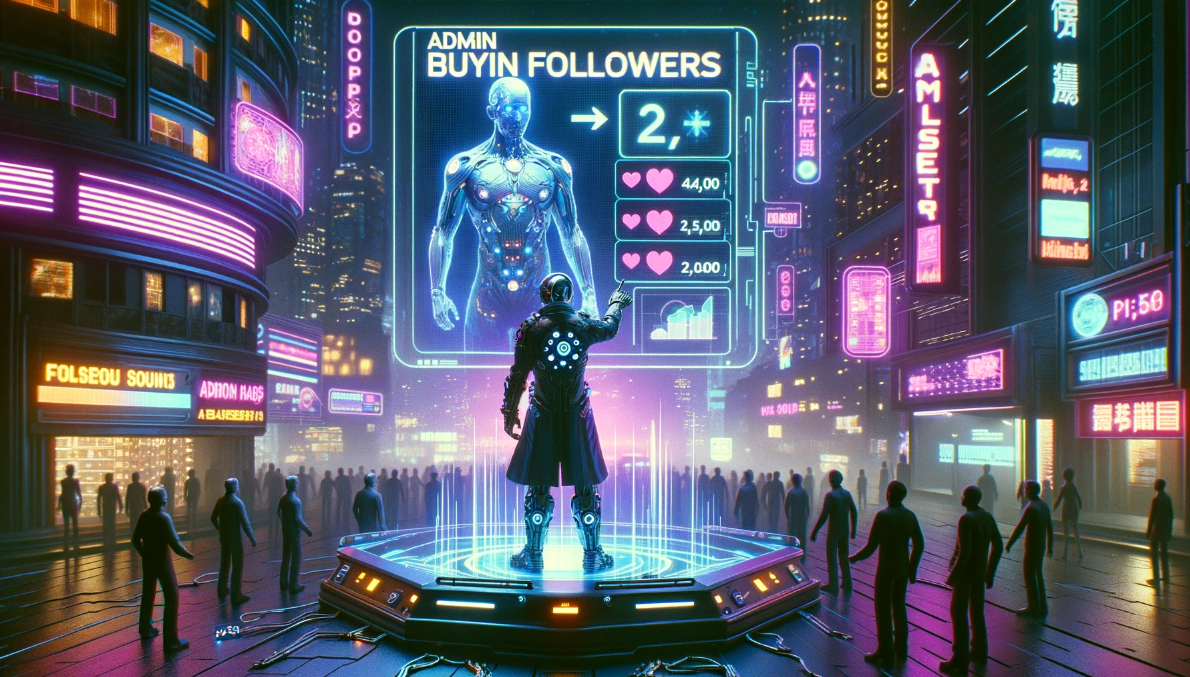In the ever-evolving landscape of digital communication, a new player has emerged as a pivotal tool in the art of sharing information: the URL shortener. This ingenious solution is reshaping how we interact with the web, turning lengthy, cumbersome web addresses into neat, manageable links. Let's dive into the world of URL shorteners and uncover their impact on our digital lives.
What is a URL Shortener?
A URL shortener is a web service that transforms a long URL into a significantly shorter one. This process not only simplifies the appearance of a URL but also makes it easier to share, particularly on platforms where space is at a premium, like Twitter or text messages.
The Mechanics Behind the Scenes
When a user inputs a long URL into a URL shortening service, the service generates a unique identifier, typically a string of letters and numbers. This identifier becomes part of the new, shorter URL. For instance, if the original URL is https://www.bbc.co.uk/blogs/radiolabs/2007/11/urls.shtml, a shortened version could be something like https://yo.ee/1xyz. When someone clicks on the shortened link, the service redirects them to the original, longer URL.
The Benefits of Using URL Shorteners
Enhanced Aesthetics and Usability
Shorter URLs are not just about saving space; they offer a cleaner, more user-friendly way to present links. A shorter URL is easier to read, understand, and remember. This simplicity is especially beneficial in marketing materials, business cards, and presentations, where clarity and brevity are crucial.
Tracking and Analytics
Many URL shortening services provide detailed analytics. Users can track the number of clicks, geographical location of the clickers, the device used, and even the time of the click. This data is invaluable for businesses and marketers looking to understand their audience and the effectiveness of their content.
Preventing URL Manipulation
In some cases, long URLs contain tracking parameters that can be easily identified and removed by users, potentially skewing analytics data. Short URLs mask these parameters, ensuring the integrity of the tracking data.
Potential Drawbacks
Security Concerns
One of the challenges with URL shorteners is the potential for misuse. Shortened URLs can disguise malicious links, leading unsuspecting users to harmful sites. This risk underscores the importance of using reputable shortening services and maintaining good digital hygiene.
Dependence on Third-Party Services
When using a URL shortener, you rely on another service's availability and longevity. If the shortening service goes down or ceases operations, the shortened links become inoperable, leading to a potential loss of traffic and data.
The Future of URL Shorteners
As the internet continues to evolve, URL shorteners are likely to become more sophisticated, offering enhanced features like deeper analytics, improved security measures, and integration with other digital tools. This evolution will further cement their place as a critical component in the toolkit of digital communicators and marketers.
The rise of URL shorteners is a testament to the ongoing evolution of digital communication. These tools not only make sharing links more convenient but also open up new avenues for data analysis and user engagement. As with any technology, they come with challenges, but their benefits in a compact, fast-paced digital world are undeniable.



